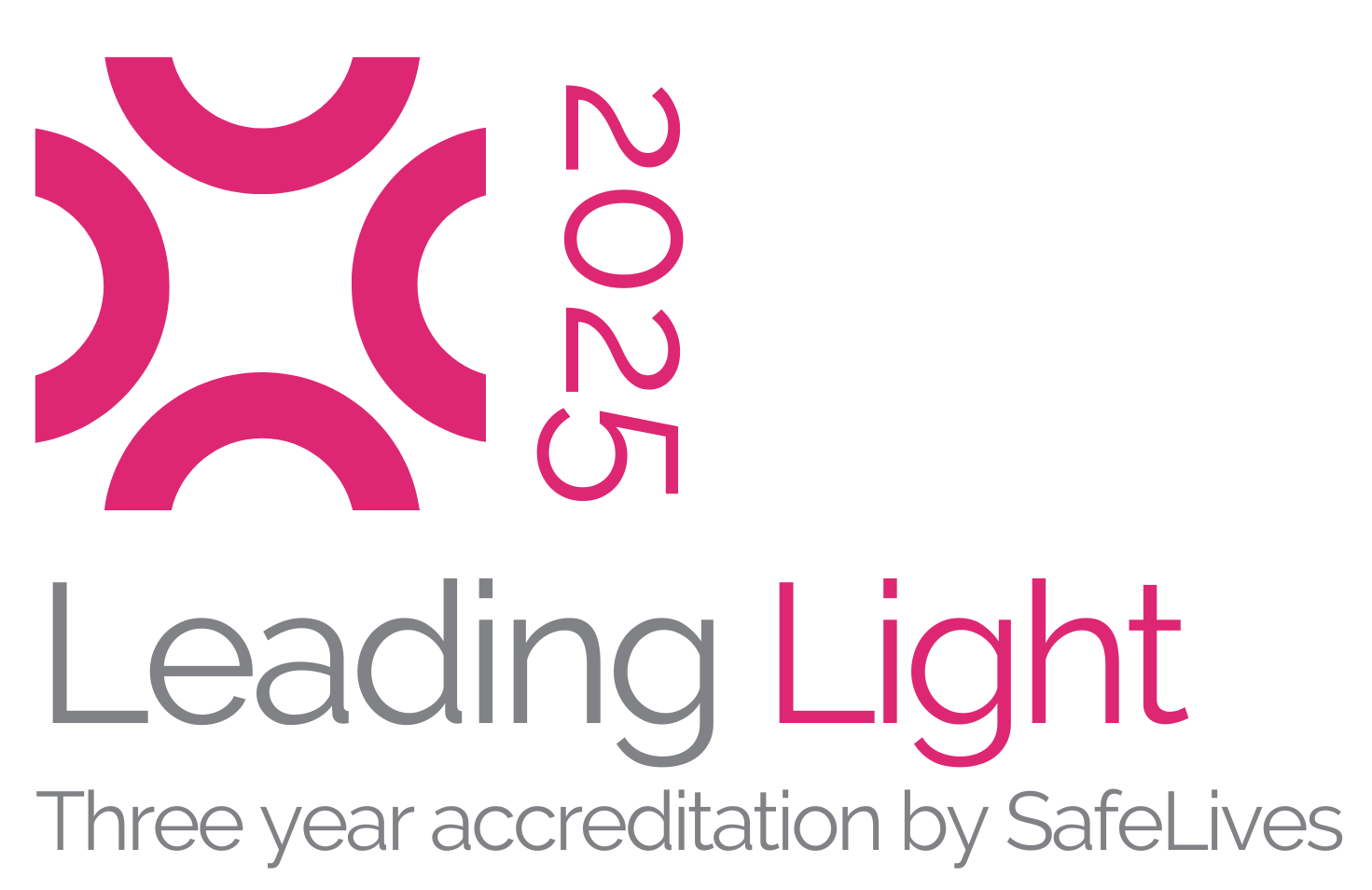The realisation that “someone I know is being abused” is scary and difficult to manage. However, offering support to family and friends is vital and we can help you with that.
Listen actively and empathetically when someone shares their experiences. Don’t blame them for their experiences. Reassure them that they do not deserve the abuse, and the abuser is solely responsible for their actions. Guide them to support services, accompany them to the GP or hospital, and help them report the situation to the police if they’re comfortable.
Make sure you give them agency. Domestic abuse is about one party controlling another, so remember to empower them to make their own choices. Domestic abuse victims may be unsure when to leave and/or get support. Remind them that you’re there for them if and when they choose to get support, respect their boundaries and support them where possible.
However, if someone is in immediate danger, call the police, or encourage them to call the police.
The thought of “someone I know is being abused” might initially be more of a suspicion than a certainty. If you’re unsure, find out more about domestic abuse and healthy relationships here.
Other ways to support someone
Listen carefully and provide space for them to talk.
Affirm their feelings and encourage open discussion
Acknowledge their difficult situation and offer reassurance of available help
Avoid judgment or directing their actions
Support them as a friend, allowing them to express feelings and make decisions
Remind them that no one deserves to be abused
Encourage seeking specialized help from organisations like Safe in Salford or national helplines
Respect their choice regarding leaving the relationship; don’t pressure them.
Finally, your own safety is important when supporting someone experiencing abuse. Do not put yourself in dangerous situations where the abuser may come to view you as a threat to the relationship, as doing so may put you in harm’s way and result in the abusive behaviour escalating.
If you’ve found yourself thinking “someone I know is being abused”, get in touch, we can help.
Contact us
Talking to someone about how you feel can be the first step to getting the right support.
Frequently Asked Questions
Unfortunately, we are not an emergency service and are not available 24/7.
Always ring Greater Manchester Police on 999 if you’re in need of urgent help or are in danger.
Safe in Salford’s helpline & services are open Monday to Friday, 9am to 5pm.
You can use the contact form below at any time and we will respond to you during opening hours.
Yes, all correspondence, in-person or over email or phone, is treated as completely confidential.
We will break confidentiality if we believe there is risk, danger or criminal activity involved
Yes, when contacting us, please tell us whether you would prefer to discuss your situtation face-to-face, and we will facilitate this for you.
Yes, simply fill out the contact form below, send an email to info@safeinsalford.org.uk or ring us on 0161 793 3232
Unfortunately, we can only provide domestic abuse support in Salford.
You can get help from local services, press the button below to access Women’s Aid’s Local Service finder
Yes, Safe in Salford offers support for children and young people affected by domestic abuse in their families helping them in forming positive, healthy relationships.
Support can also be offered to young people displaying harmful behaviour in their own relationships.
Supporting someone experiencing domestic abuse can be difficult and complicated, please click the button below to read our advice on supporting someone.
Yes, Safe in Salford also provides confidential, non-judgemental Perpetrator Support for those who recognise their abusive behaviour as a problem and want to work on developing healthy relationships.
Yes, Safe in Salford is completely LGBTQ+/trans inclusive, and we will treat you and your identity with the utmost respect.
The “Get Help Now” section of our website contains information and resources for learning more about domestic abuse, please click the button below view it.
Leaving an abusive relationship can be very risky, our support workers can advise you on how to approach this. You can also refer to Women’s Aid’s article on this by clicking the button below.


